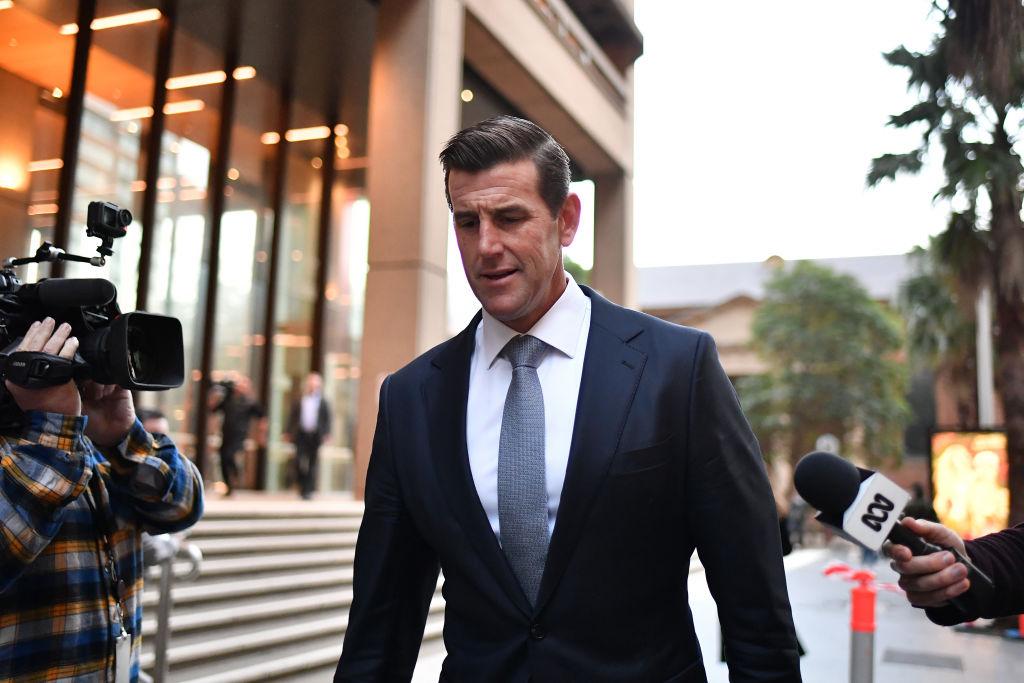Ben Roberts-Smith’s appeal against his loss in a landmark defamation case will be heard in February amid a considerable range of security measures intended to protect witnesses and national security information.
This follows a Federal Court judgment in June that found the war veteran guilty of war crimes during a defamation case against The Age, The Sydney Morning Herald, and The Canberra Times, in which he lost.





